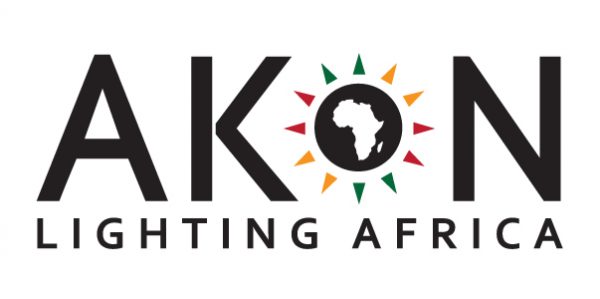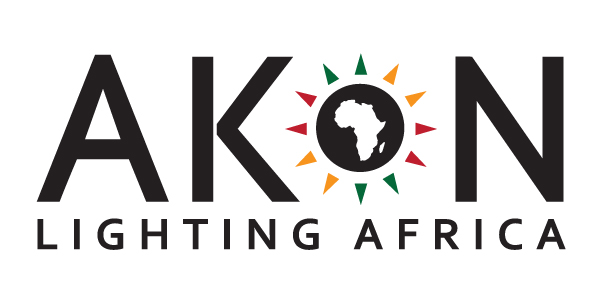 In the movie Apollo 13, as ground controllers are struggling to get a crippled spacecraft back to Earth, a member of the NASA team announces to the group, “Power is everything.” Indeed it is. Power is what drives the global economy. Power is what enables the internet and the free flow of ideas.
In the movie Apollo 13, as ground controllers are struggling to get a crippled spacecraft back to Earth, a member of the NASA team announces to the group, “Power is everything.” Indeed it is. Power is what drives the global economy. Power is what enables the internet and the free flow of ideas.
Today, 1.3 billion people live without access to power, including many in Africa. 85% of the continent has no electricity generating plants and no energy grid. Most of the people have no access to the internet or cell phones. They are cut off completely from the modern world, unable to exist beyond the subsistence level and incapable of being part of the vast interchange of ideas the internet makes possible.
Hip-hop and R&B artist Akon is a Missouri-born American of Senegalese ancestry. He has a plan to use solar energy to bring power to hundreds of millions of Africans. “Africa needs to be sustainable for a long time and be a crutch for the rest of world instead of the other way around,” Akon told Think Progress in a phone interview. “A stable Africa helps the world.”
He created the Akon Lighting Africa (ALA) initiative in 2014, with the goal of bringing electric power to 600 million of the Africans who live without power. So far, ALA has provided solar street lamps, micro-generators, charging stations, and home kits to 14 countries — Benin, Burkina Faso, Democratic Republic of the Congo, Equatorial Guinea, Gabon, Guinea, Kenya, Namibia, Madagascar, Mali, Niger, Nigeria, Senegal, and Sierra Leone.
The lack of power “stopped us from doing the things we need to do,” he says. “There wasn’t enough electricity to pull from,” to get Africa on par with the rest of the world developmentally, and solar was “the biggest and quickest solution.” He calls solar power a “no brainer.”
“We want to empower the people to develop their own opportunities,” Akon said. “[But] before you empower people you have to educate them. So we developed the university,” which focuses on solar energy delivery and maintenance, “so they can [eventually] invent technology of their own.”
ALA teaches citizens how solar power works and how to install arrays through an educational training program called the Solar Academy that promotes entrepreneurship, Akon said. “The involvement of the rest of the world will be key. It will have to be started by Africans, but the technology the world has to offer has to be shared.”
Akon hopes to expand ALA to 11 more countries by the end of the year, and all of Africa by 2020. “We just really want to be the generation of execution and be in a position where you deliver. And when you deliver, it’s put out into the world and continued.”
Power is about more than electricity. It is about political will and the ability to connect nearly 15% of the world’s population with the rest of humanity for the first time in history. Above all else, it is about personal empowerment and personal dignity for hundreds of millions of people.
This story was originally published on Solar Love. Reprinted with permission.
